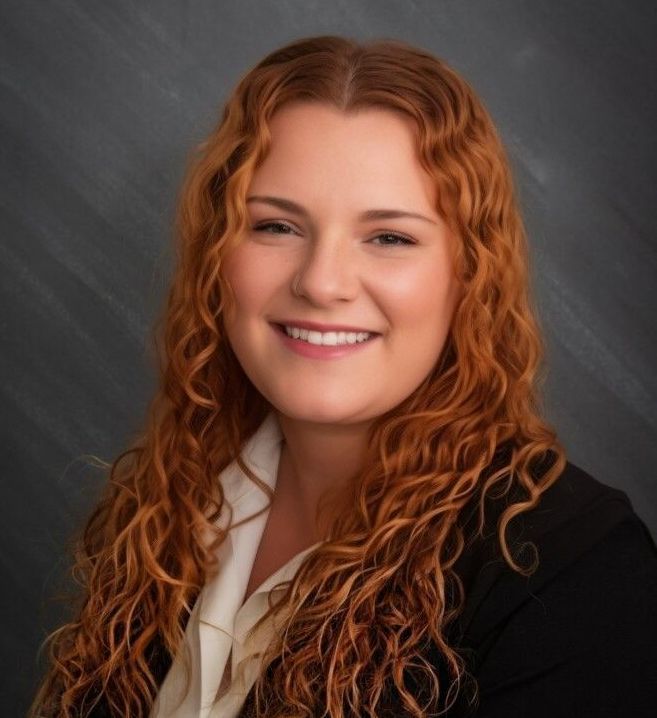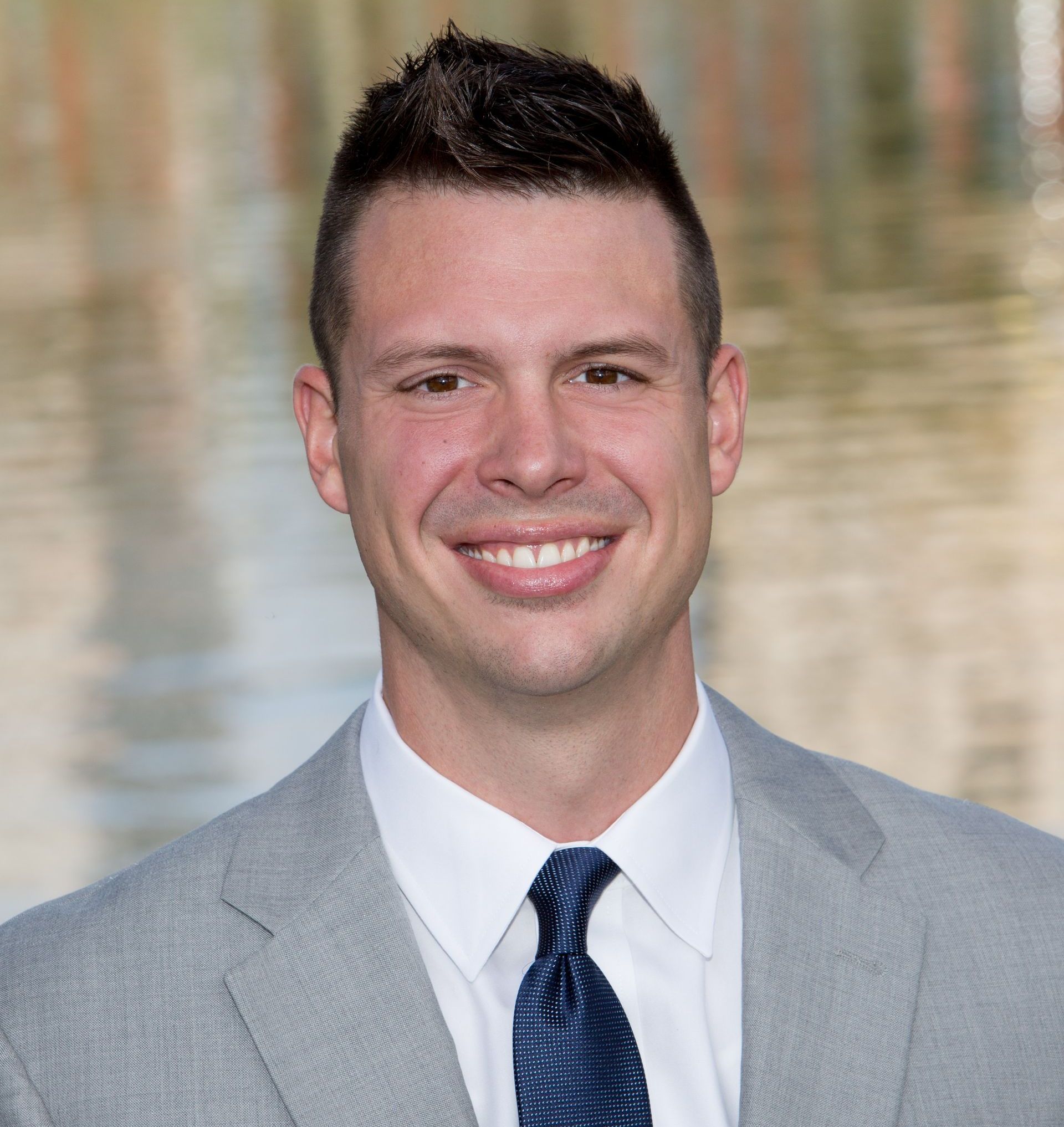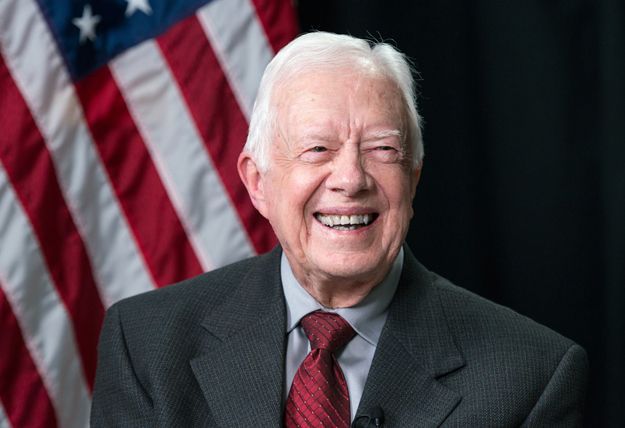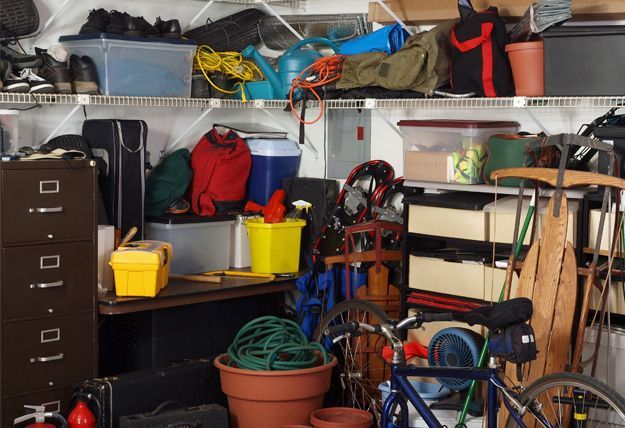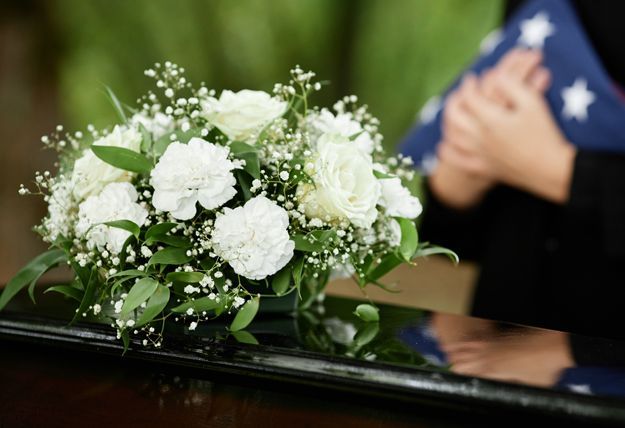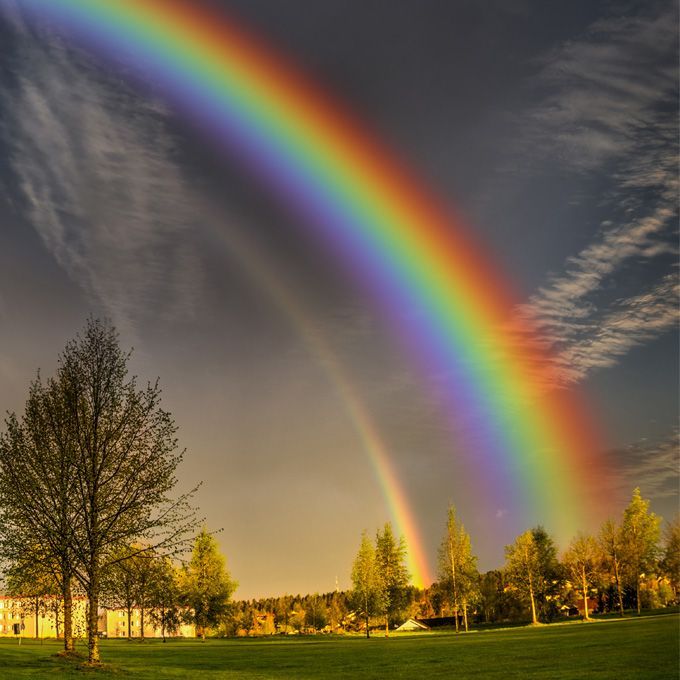AVAILABLE 24/7
CALL TODAY | 717-774-7721 | AVAILABLE 24/7
The Challenges Of Grieving Grandparents
When a child dies, family and friends naturally reach out to the child’s parents to offer support and sympathy. Losing a child can be the most profound grief anyone can experience. In the rush to provide comfort to the parents, we often forget that there are also deeply grieving grandparents who need support and sympathy, too.
Often called “neglected mourners,” grandparents take a back seat to the primary mourners – the parents and siblings of the child who has died. But Dr. Alan Wolfelt, a nationally respected grief counselor and educator, tells us not to forget grandparents. He says: “When a grandchild dies, grandparents grieve twice. They mourn the loss of the child and they feel the pain of their own child’s suffering.”
Because they are often overlooked, grandparents face several unique challenges on the way to healing from their grief.
Grandparent grief is often overlooked or unacknowledged. Experiencing this “disenfranchised grief” makes it harder for grandparents to share their thoughts and emotions because they feel that their grief is out of place or doesn’t help the situation.
Because grandparents are not the primary mourners, they often don’t receive as much support as they need during a time of loss. Often the focus is on rallying around the child’s immediate family. While there are generalized grief support groups, it’s hard to find a support group that specifically addresses grandparent grief.
As a matriarch or patriarch of the family, it’s natural to want to show a strong, loving face to family, especially to a grieving adult child and their spouse and children. Because a grandparent may feel the need to offer support to their grieving child and doesn’t want to add any additional burden, they may push aside their own feelings of grief in favor of offering support and assistance.
Depending on proximity and the closeness of relationship, grandparents may be asked to step in to help with siblings while the parents deal with the effects of losing a child. In some ways, this is a blessing. Grandparents can spend time with their living grandchildren and further cement those precious relationships. On the other hand, with less energy reserves, grandparents may have difficulty finding the time and mental/emotional energy to process their own emotions of grief.
First and foremost, a grandparent is a parent themselves. Their own child is in deep pain, and there’s nothing they can do about it. This sense of helplessness can add further stress and impact their mental, emotional and physical well-being. The challenges of aging, coupled with grief, can adversely impact their normal eating, sleeping and general health as well.
Both parents and grandparents expect a child to outlive them, so when that doesn’t happen, there’s a sense that a legacy has been lost. This feeling can be especially potent if the grandparents only have one grandchild. They must deal with the loss of what could have been – what should have been.
Understanding that grandparents face challenges when grieving the loss of a grandchild is the first step toward understanding how to manage things. If you are a grandparent, experiencing a loss:
- Find ways to express your feelings
- Talk to friends or relatives about your loss
- Don’t compare your grief to others' experience; everyone’s grief is unique
- Take care of yourself physically so you have the mental and emotional energy you need
- Honor your grandchild’s life and memory in meaningful ways
The loss of a grandchild is a severe blow – to both the parents and grandparents. None of them will ever truly “get over” the loss, and really, that’s not the goal. The goal of healthy grieving is to find a way to reconcile yourself to the loss and begin to move forward with meaning and purpose.
Article excerpt from article originally posted on https://www.funeralbasics.org.
Find Us On Social Media
© Parthemore Funeral Home & Cremation Services, Inc. All Rights Reserved. Admin Login
© Parthemore Funeral Home & Cremation Services, Inc. All Rights Reserved. Admin Login




